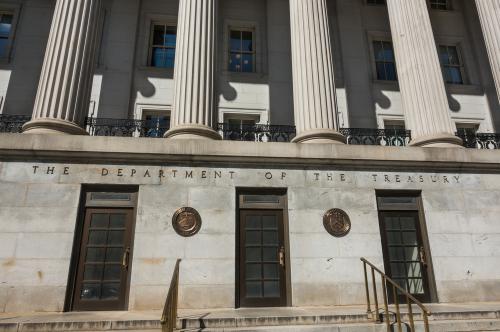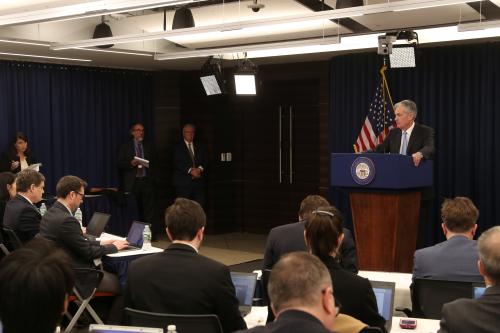Introduction
This fall the United States will celebrate the 30th anniversary of the Airline Deregulation Act of 1978—and the nation does have reason to celebrate because airline deregulation has benefited both travelers and carriers. Among the most important benefits: fares have fallen significantly, flight frequency has increased, and carriers have become more efficient. Moreover, these benefits have been realized while air travel safety continues to improve.
However, it would be misleading to conclude that the industry’s adjustment to deregulation—and the extent of deregulation—is complete. Airline industry earnings have fluctuated greatly since deregulation and the industry has yet to earn a normal rate of return on invested capital on a consistent basis. Accordingly, carriers continue to seek ways to reduce costs and increase profitability, especially in light of recent opportunities to expand their international operations as part of the March 2008 Open Skies agreement with the European Union. Further deregulation of international markets could occur through Open Skies agreements with countries outside of the EU.
Mergers are one strategy that some airlines have pursued to improve the efficiency of their networks and to expand their domestic and international route coverage. Recently, Northwest Airlines and Delta Air Lines have filed an application to merge their operations and it is expected that other merger proposals will follow. This testimony provides some perspective on the motivation for and likely effects of airline mergers in the context of the current state of airline competition. We also note some policies that would spur additional competition in the industry.
The Brookings Institution is committed to quality, independence, and impact.
We are supported by a diverse array of funders. In line with our values and policies, each Brookings publication represents the sole views of its author(s).



Commentary
TestimonyThe State of Airline Competition and Prospective Mergers
April 24, 2008